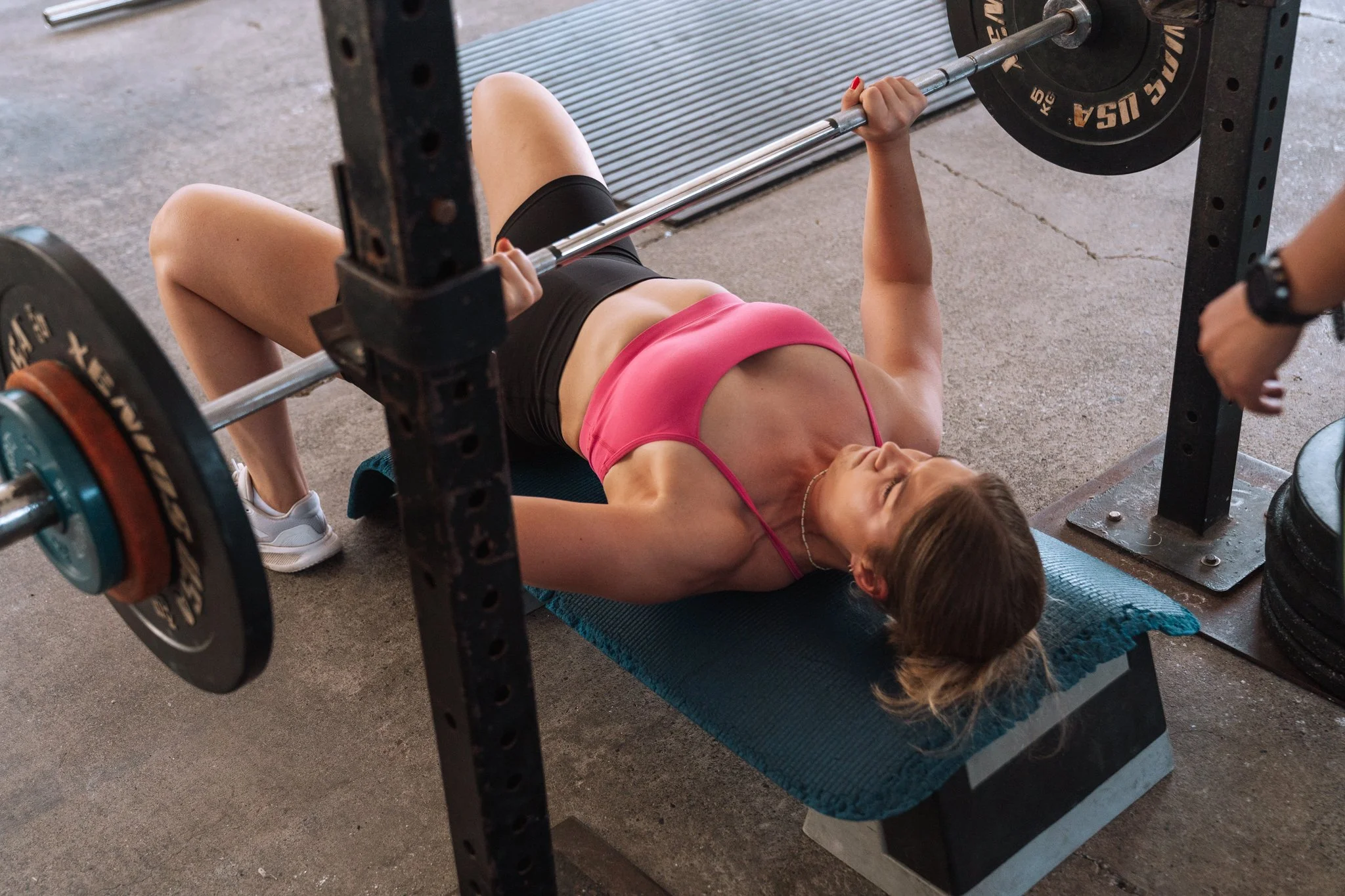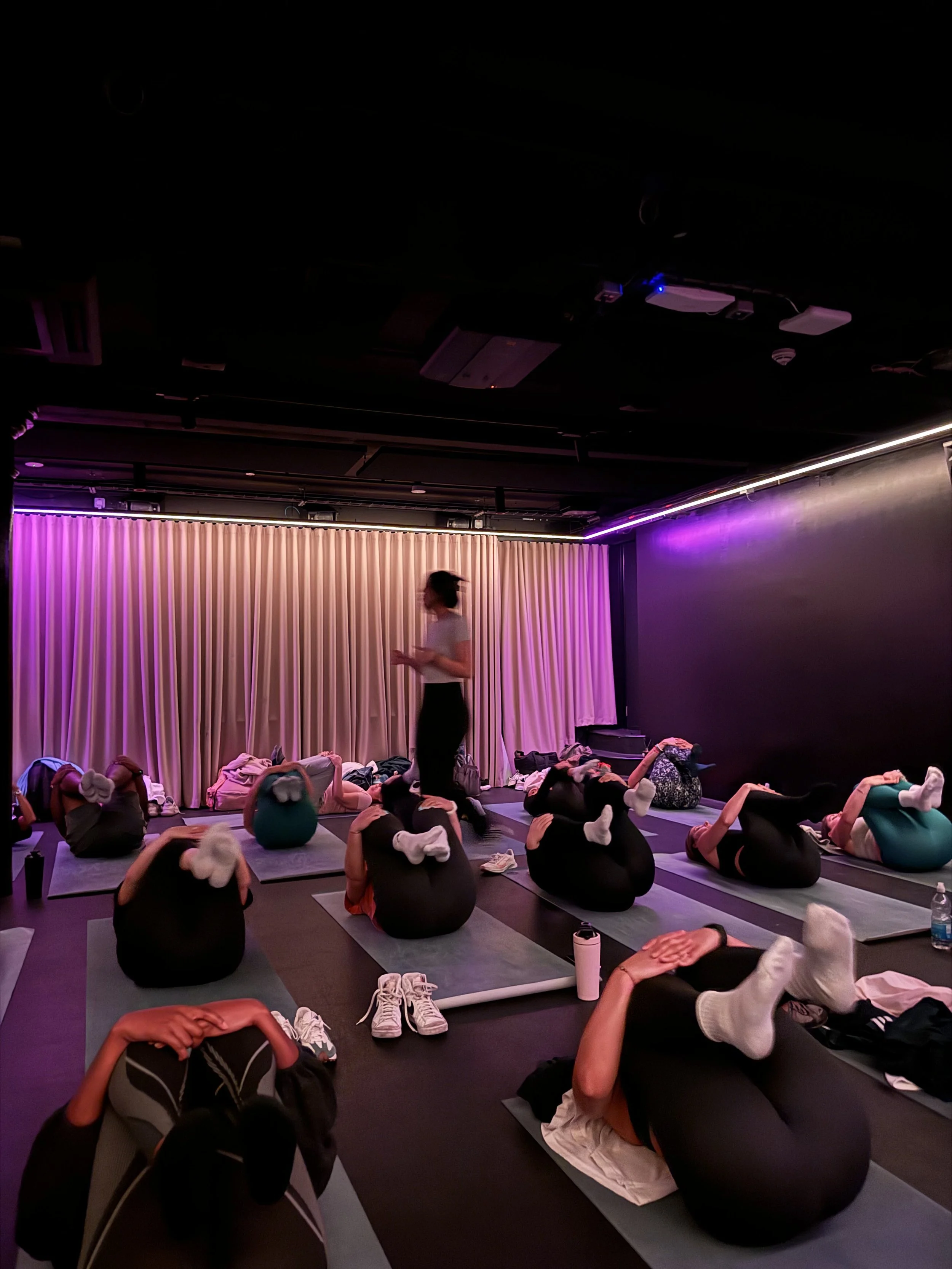How Does Alcohol Affect Your Performance?
Alcohol has long been associated with a reward at the finish line. Whether it’s an ice cold beer at the end of a marathon or a chilled glass of wine after a tough day in the office, it’s somewhat of a social staple, and has come to be expected in certain situations. But if you’re someone who is prioritising their health and performance – whether that’s at work, in the gym, or simply in life – alcohol can be the silent enemy holding you back. We’re not talking just hangovers and feeling less than optimal the following day. We’re talking about your sleep, recovery, mental clarity and physical performance – all of which can be greatly impacted by even moderate drinking.
But let’s make one thing clear – this isn’t going to be heavy reading that tells you to go tee total forever more. Because at More Life Adventures, we truly believe in living fully. But we also know that good food, deep sleep, and consistent movement are the pillars that help us to perform at our best. And alcohol, even in small doses, can disrupt all three.
So let’s look at what the research says, and what alcohol means for you if you’re prioritising long-term health, wellbeing and performance.
Skip to:
WHAT DOES Alcohol REALLY DO TO Your Sleep?
Sleep really is the foundation of health. It’s not just about getting some shuteye during the hours of darkness – it’s the only time the body and brain can truly rest and process the demands of daily life. But if you add alcohol into the mix, your body’s ability to do what it needs during the night is heavily compromised.
Yes, there may be age-old ideas that a night cap – often a small alcoholic drink – can supposedly help with a good night’s sleep: as alcohol is a nervous system depressant, it causes drowsiness so there’s a chance it may make you fall asleep faster. But that’s where the benefits end.
Once you’re asleep, alcohol begins to interfere with how your body moves through the different stages of the sleep cycle. Normally, you go through a mix of light sleep, deep sleep, and REM sleep cycles – the latter being a period of intense brain activity when you’re processing memories and emotions. Each cycle lasts about 90 minutes, and you need a good balance of all three to feel properly rested and recovered the next day.
When alcohol is in your bloodstream, that balance is compromised. You’ll get more deep sleep, but this comes at the expense of less REM sleep, which in addition to processing memories and emotions, is the key stage that helps you feel rested the next day. Later in the night, you’ll end up getting much more light sleep, which is often coupled with tossing and turning and feeling like you’re half awake most of the time.
So if you’re someone who wants to perform well at work the next day, or hit a great workout in the gym, or simply be a happier and more balanced person for your loved ones, friends or colleagues, having even a moderate alcohol intake can negatively impact the reality of being able to do these things.
HOW DOES Alcohol IMPACT RECOVERY & Metabolism?
Alcohol, once in your bloodstream, actively works against the things your body needs to perform well. Firstly, it impacts your recovery – after a tough workout, your body is in repair mode. It’s rebuilding muscle, reducing inflammation, and restoring your glycogen stores. The good news is the body can do this on its own. The bad news is that even a small amount of alcohol interferes with all of this. And that includes dehydration. Alcohol is a diuretic, which means you lose more fluid, and when that’s combined with sweat from training, dehydration is almost inevitable.
When you’re dehydrated, it isn’t just about feeling thirsty and needing to take on more water. Dehydration impacts everything from blood flow to how well your muscles get the oxygen and nutrients they need. So if your muscles aren’t primed due to dehydration, your workout will suffer before you’ve even begun.
Even if you’re not training the day after drinking, the resulting dehydration can still have an impact on your work and overall performance. One study revealed that a body water loss of just 1-2% can impair cognitive performance. Hydration is important at the best of times, but even more so when alcohol is involved.
It’s not just dehydration that increases with the consumption of alcohol. Your insulin levels also spike, often due to the presence of sugar in the majority of alcoholic drinks. The liver then works hard to metabolise the alcohol in the body, which in turn inhibits its ability to release glucose and causes a crash in blood sugar. Whilst steady ups and downs in blood sugar are totally normal, dramatic highs and lows can leave you feeling foggy, tired, irritable, or craving more sugar, all of which don’t contribute to feeling ready to hit the day ahead. Whilst the odd drink won’t derail everything, it’s worth knowing that alcohol isn’t just about consuming it in the moment – it stays in your body and affects its function long after.
That also goes for the impact on your nutrient stores, too. “Alcohol depletes magnesium which we need for recovery,” says Nutritional Therapist Marjolein Dutry van Haeften. “It also depletes the body’s B vitamins which we need for both detoxifying alcohol and for energy production.”
DOES Alcohol MESS WITH Your Hormones?
Hormones aren’t just about stress and menstrual cycles. They are the key to how we feel, train, recover, and function day to day, regulating everything from our mood and energy to our metabolism, menstrual cycle, and ability to build muscle. But when alcohol shows up, the entire hormonal system is thrown off balance, particularly the hormones that play a fundamental role in your performance and recovery.
Testosterone, cortisol and human growth hormone are all key players in muscle repair, fat metabolism, and your body’s ability to respond to training stress. So even if you’re training the day after drinking, you might not be reaping all the benefits. You may feel slower, weaker, or more fatigued without really knowing why. The answer? Alcohol can lower testosterone, increase cortisol, and potentially affect the release of human growth hormone, therefore sending your hormones completely off kilter and leaving you feeling less than optimal.
But it’s not just about your performance in the gym. Alcohol can also mess with your thyroid hormones, which help to regulate your energy levels, mood and menstrual cycle.
In short: when your hormones are in sync, everything feels better. Your energy is more balanced, your performance is elevated, and your recovery is quicker. And when they’re not, especially due to alcohol, it can feel like your body is working against you even when you’re doing all the right things.
WHAT DOES Alcohol DO TO Your MUSCLES & Fitness?
If you’re someone who loves nothing more than a drink after a tough race or fitness competition, the science about what this does for your body won’t make for fun reading. A study found that post-workout alcohol consumption led to a 37% reduction in muscle protein synthesis, which is a crucial process required for muscle growth and repair.
And it’s not just immediately post-workout that your muscles are affected – your workouts the day after are going to be greatly disrupted too. One study showed that the hangover effect of alcohol can reduce athletic performance by 11.4%.
It also impacts your coordination, balance, and reaction time, all of which you rely on whatever your choice of exercise. Even more so if you’re prone to – or recovering from – injury. So while that post-race drink might feel like a reward, it may be quietly undoing some of the hard work you’ve just put in.
Should You Stop Drinking to feel better?
At More Life Adventures, we are about better performance, energy, rest and recovery. And the research is clear – alcohol works against you on all of these.
So rather than suggesting you stop drinking, we suggest asking yourself: is alcohol giving you what you want? Do you feel how you want to feel?
If you’ve been training hard and feel like your results are plateauing, or you just want to feel more energised, try removing alcohol for a short time and see what happens. You might be surprised by how much changes.
WHY WE DON’T INCLUDE ALCOHOL ON OUR RETREATS
At our retreats, we don’t encourage alcohol, because it simply doesn’t align with us helping people to feel their best.
Our guests come to reset, re-energise and build healthy habits that support performance when they return home – across work, training and life. Think great Mediterranean nutrition, fun group workouts, time in nature, and early nights to prioritise that deep sleep and rest – all of which are greatly enhanced when alcohol is removed.
Join us on one of our upcoming retreats to experience the transformation for yourself – better performance, recovery and energy minus the burnout and booze.
RELATED BLOGS
WANT MORE ARTICLES LIKE THIS?
Sign up and be the first to receive news and updates!










